We offer projects that help to conserve the lives of animals in many ways. The wildlife you choose to work with – and trust us, we have many species for you to help – might have been confiscated through the illegal animal trade, in danger of being poached in the wild, or has been taken to a sanctuary due to injury, abuse or destruction of habitat. You might not be aware, but volunteers are much needed all around the world and they can help bring about change for the better. For example, volunteers will help to alleviate overworked sanctuary staff, assist veterinarians and bring awareness of issues facing wildlife to the public and that’s just the half of it!
Keep reading to find out how you can become a volunteer and get yourself involved in the great work our projects are doing to conserve our wildlife and their habitats.
How can I help?
We support a variety of projects relating to animal conservation and each project varies in its needs and purpose. Therefore, the activities in which you will be involved in will also differ. In a general sense, some of the main volunteer activities across the range of our wildlife conservation projects include:
- Preparing food for animals
- Putting food in animal cages
- Taking animals on walks (such as Lions and Elephants)
- Cleaning cages and shovelling excrement
- Helping with wildlife conservation workshops and talks for tourists/public
- Assisting veterinary or clinic staff
- Reforestation and environmental conservation tasks
- Monitoring and field research
You don’t need to have prior experience to apply for a wildlife conservation placement since you will be trained on your project in the activities you will specifically be doing – this makes a great addition to your CV! However, if you do have a background in veterinary or wildlife management then this may allow you to assist the veterinary staff of a project in a more in depth way, so you will be able to build on your skills further.
How might this benefit wildlife?
The fact that volunteers can help bring about awareness of issues facing wildlife to the public will benefit wildlife profoundly. Wildlife volunteers will help to alleviate overworked sanctuary staff, bring assistance to veterinarians and to bring awareness of issues facing wildlife to the public. This can bring about change needed in the kind of care captive wildlife receive, and thus the quality of their daily lives, and can also bring awareness to the general public of practices which are detrimental to the survival of unique and endangered wildlife. Volunteers thus help to alter the way wildlife may view humans, altering the fear instilled of humans only as their hunters. Volunteers may also help to change the way communities view the wildlife around them through educational workshops.
What challenges might I face?
- Similar to our Marine Conservation projects, be aware that species don’t perform. There are seasonal variations in different species so be prepared for the fact that you may not see certain animals.
- Be prepared for the fact that you will most likely not be able to interact with wildlife closely when you visit any good conservation initiative, since they are wild animals.
- In some of our countries you will be working in an environment where the weather can be challenging; be prepared to work in hot and humid climates with the possibility of going on long walks if you are perhaps working in the bush or going on a safari.
- Whilst on your chosen project, you might feel like some of the work is redundant e.g. game counting. It is important to remember that even the smallest of tasks will make a big difference.
- You may be required to work early in the morning or late at night as the work will be centred on the best time for the animals involved in the conservation initiative.
- In remote areas, be prepared to use very basic facilities in regards to toilets and washrooms.
What might I learn?
During your time on one of our Wildlife Conservation projects, you will learn a range of new skills. You will be able to learn about the different species that you will be protecting and about their natural habitat. Also, you will gain an insight into how humans interfere with the habitats of local wildlife and what actions you can take personally to help reduce this issue.
These project will also enable you to understand what species have become endangered and what actions can be taken in order to avoid the extinction of some of the world’s most magnificent wildlife. Furthermore, you will leave your placement with an in depth understanding of conservation projects and what people are doing around the world to help preserve the natural habitat and the wildlife that lives there.
Find out more about our wildlife conservation projects and their locations.
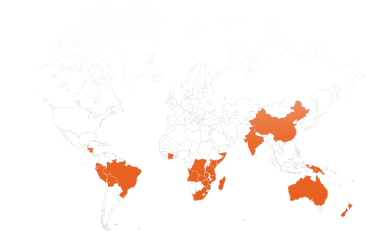
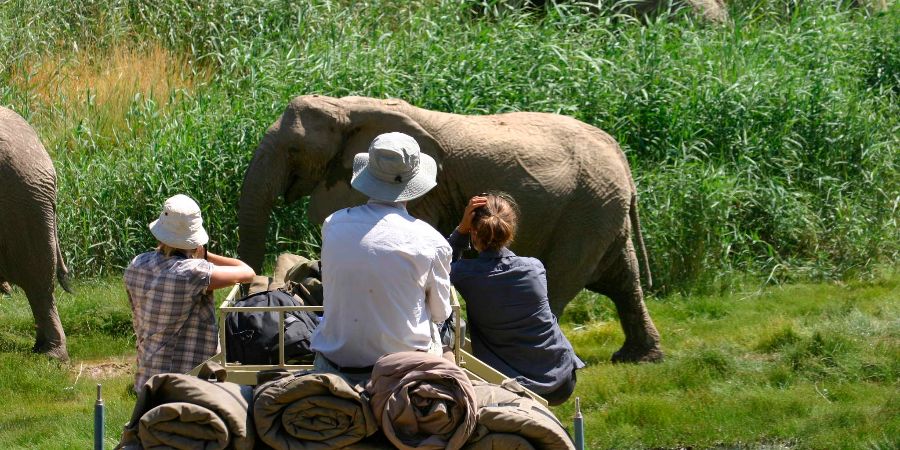
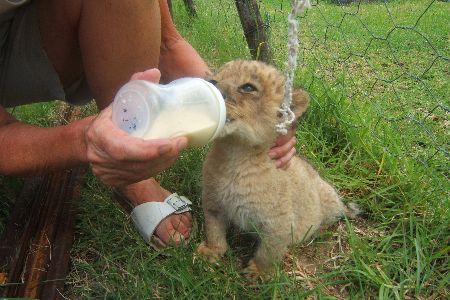
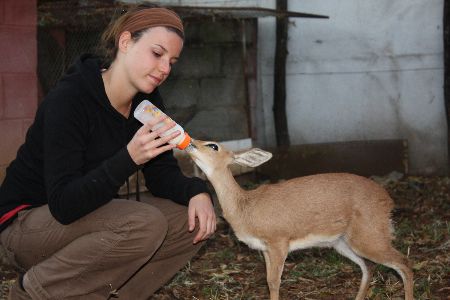
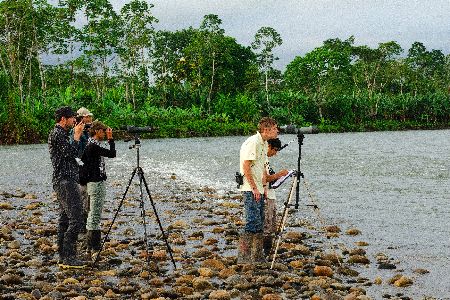
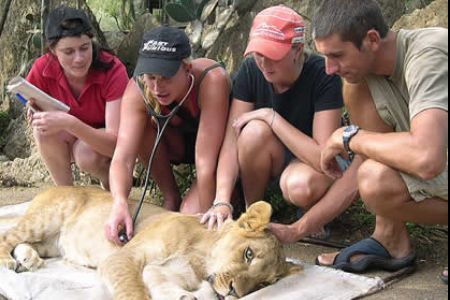
Recent comments